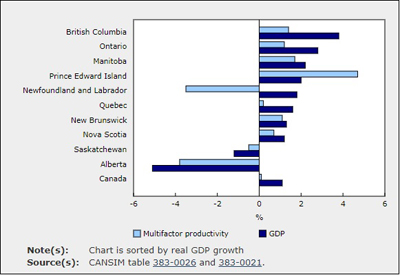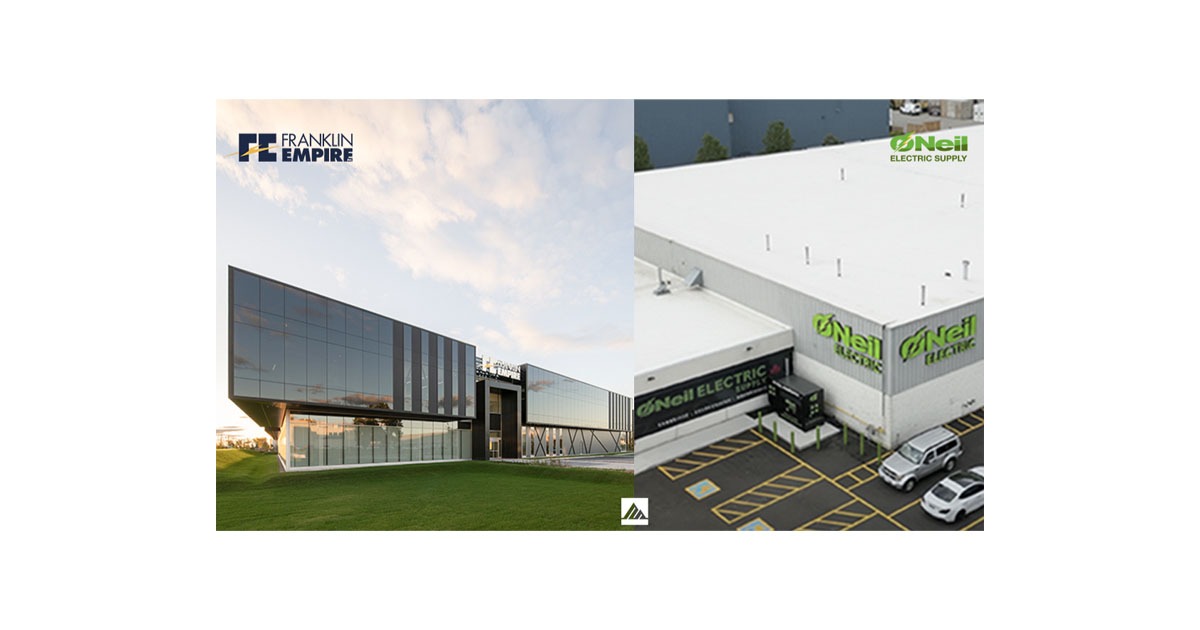What Does ‘Building Relationships’ Really Mean?

We all know that the ultimate sign of traditional ‘relationship-building’ with your customers is being invited to their daughter’s wedding; but I would argue that kind of relationship is not about building relationships, but rather about “buddy relationships”. I think we spend too much time on “buddy” and not enough time on building strategic relationships.
I was recently with colleagues who represent various distribution groups across North America and we were having a discussion about the strengths and weaknesses of wholesale distribution versus online purchasing. Time and time again, the word “relationship” came up: “our advantage is our relationship with our customers”, “our close ties with our customer is the difference”, “in the long-run, relationship always win over price”, etc.
When I hear these comments, I can’t help but question what is it about relationships that truly make the difference? What exactly do relationships mean to the customer?
In another instance, I remember when I ran another association many years ago and was trying to convince a small business owner to switch over to our group insurance package. I couldn’t get him to budge, because in the end, his brother-in-law was his insurance agent. We had a better price, a better deal, it was better for the company, better for the employees, but his “relationship” bonded him to his current insurance package.
What made it more even interesting was that he admitted his brother-in-law provided poor service, was slow to react, arrogant and lazy. The relationship had nothing to do with being “buddies” (although he would probably be invited to the daughter’s wedding).
The key to the above relationship—what bonded him—was his wife. The cost of ‘dumping’ the brother-in-law, was family harmony. In the end, the extra price to pay for insurance was less in the eye of the businessman, than the cost of disruption to the marriage and the family. In the end, this insurance sale wasn’t a “buddy” relationship; this was a “business” relationship because it came down to hard cold facts. The cost of family harmony far outweighed a few hundred dollars a month savings on insurance.
I would suggest the same should be true for all business relationships with customers. For your main customers, leaving you should cost more than it does to keep you. That may involve a few brother-in laws, or a service that others can’t provide, special orders, inventory in stock, quick delivery, good returns policy, 24/7 service, etc. That’s building a relationship.
After all, if it doesn’t cost them more, you may just one day lose a buddy.
As well, I think when we look relationships, we too often think in terms of friendship and not enough about the other bonds that make our relationship with our customers work. All salespeople want to be liked. Some of my best friends have been salespeople and they are great to be around. They tell hilarious stories and give a lot to the conversation and the atmosphere—a lot more than they get in return! But they are on a thin line if that is all that binds them to the customer.
Rick McCarten, vice president, Electrical Council, Electro-Federation Canada










